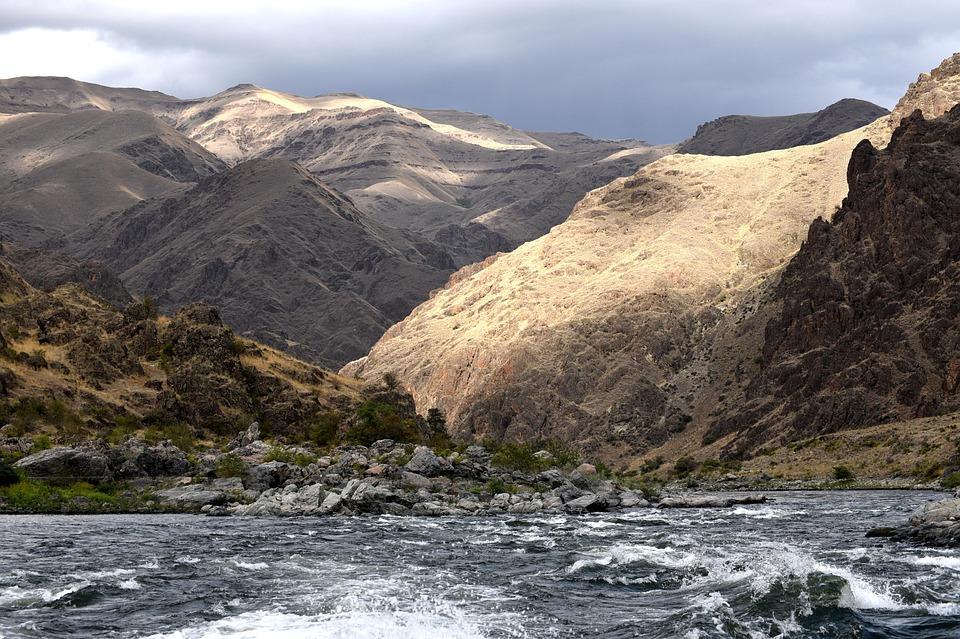Cold sores can be a real bother. If you’re reading this, you might be itching to get rid of that pesky blister. Fast cold sore recovery is not just a wish; it’s a reality you can achieve. Cold sores are caused by the herpes simplex virus, and while they’re common, they can feel incredibly uncomfortable and embarrassing. Knowing how to navigate this situation is crucial.
In this article, I’ll share seven quick tips that can help you speed up your cold sore recovery. We’ll dive into actionable advice, research-backed insights, and a sprinkle of encouragement to help you feel better in no time.
Contents
Understanding Cold Sores
Cold sores, often referred to as fever blisters, manifest as small, painful blisters around your lips or mouth. They typically appear during times of stress, illness, or sun exposure. Understanding what triggers these outbreaks can empower you to take control.
Why does this matter? Because knowing the enemy helps you fight it. You deserve to enjoy life without the looming presence of a cold sore. Let’s get to those tips!
Applying an antiviral cream at the first sign of a cold sore can make a world of difference. Over-the-counter options like docosanol or prescription creams can help shorten the duration and severity of an outbreak.
- Tip: Apply the cream as soon as you feel that initial tingling sensation. The sooner you start, the better your chances for a speedy recovery.
2. Stay Hydrated
Your body is a beautiful machine, and hydration plays a vital role in its function. When you’re dealing with a cold sore, it’s essential to drink plenty of fluids. Water helps flush out toxins and keeps your skin healthy.
- Tip: Aim for at least 8 glasses of water a day. Herbal teas can also be soothing.
3. Consider Supplements
Certain supplements can boost your immune system and help speed up recovery. Lysine, an amino acid, is particularly effective against the herpes virus. Studies suggest that lysine can reduce the frequency and severity of cold sore outbreaks.
- Tip: Consider taking lysine supplements or consuming foods rich in lysine, such as dairy products, fish, and legumes.
4. Apply Ice or a Cold Compress
When you feel that uncomfortable tingling or see the first signs of a blister, reach for ice. Applying a cold compress can reduce swelling and numb the pain.
- Tip: Wrap ice in a cloth and apply it to the affected area for 10-15 minutes. This can provide immediate relief and may slow down the outbreak.
5. Avoid Triggers
If you know what triggers your cold sores, you can take proactive steps to avoid them. Common triggers include stress, sunlight, and hormonal changes.
- Tip: If stress is your nemesis, consider relaxation techniques like meditation or yoga. For sun exposure, don’t forget to apply lip balm with SPF to your lips.
6. Maintain Good Hygiene
Keeping the area clean is essential for fast cold sore recovery. Touching the sore can spread the virus to other parts of your body or to others.
- Tip: Wash your hands frequently, especially after touching your face, and avoid sharing personal items like utensils or lip products.
7. Seek Professional Help
If your cold sores are severe or persist for an extended period, it’s time to consult a healthcare professional. They can prescribe antiviral medications that can help you heal faster.
- Tip: Don’t hesitate to reach out for help. Your health is worth it, and a professional can guide you to the best treatment options.
Bottom Line
Your journey to fast cold sore recovery starts with understanding your body and taking proactive steps. By using antiviral creams, staying hydrated, considering supplements, applying cold compresses, avoiding triggers, maintaining hygiene, and seeking professional help when needed, you can take control of your health.
You don’t have to let cold sores dictate your life. With these tips in hand, you’ll be well on your way to recovery. Remember, you’re not alone in this; many have faced the same struggle, and there’s hope on the other side.
FAQ
Q: How long do cold sores typically last?
A: Cold sores usually last about 7 to 10 days, but with the right care, you can shorten that time.
Q: Can cold sores be completely prevented?
A: While you can’t completely prevent them, understanding triggers and taking preventive measures can help reduce their frequency.
Q: Are cold sores contagious?
A: Yes, cold sores are highly contagious, especially when blisters are present. Avoid close contact during outbreaks.
By following these tips, you can embrace life with confidence, knowing you’re equipped to handle whatever comes your way. Remember to take care of yourself, and don’t let a cold sore hold you back. You’ve got this!








